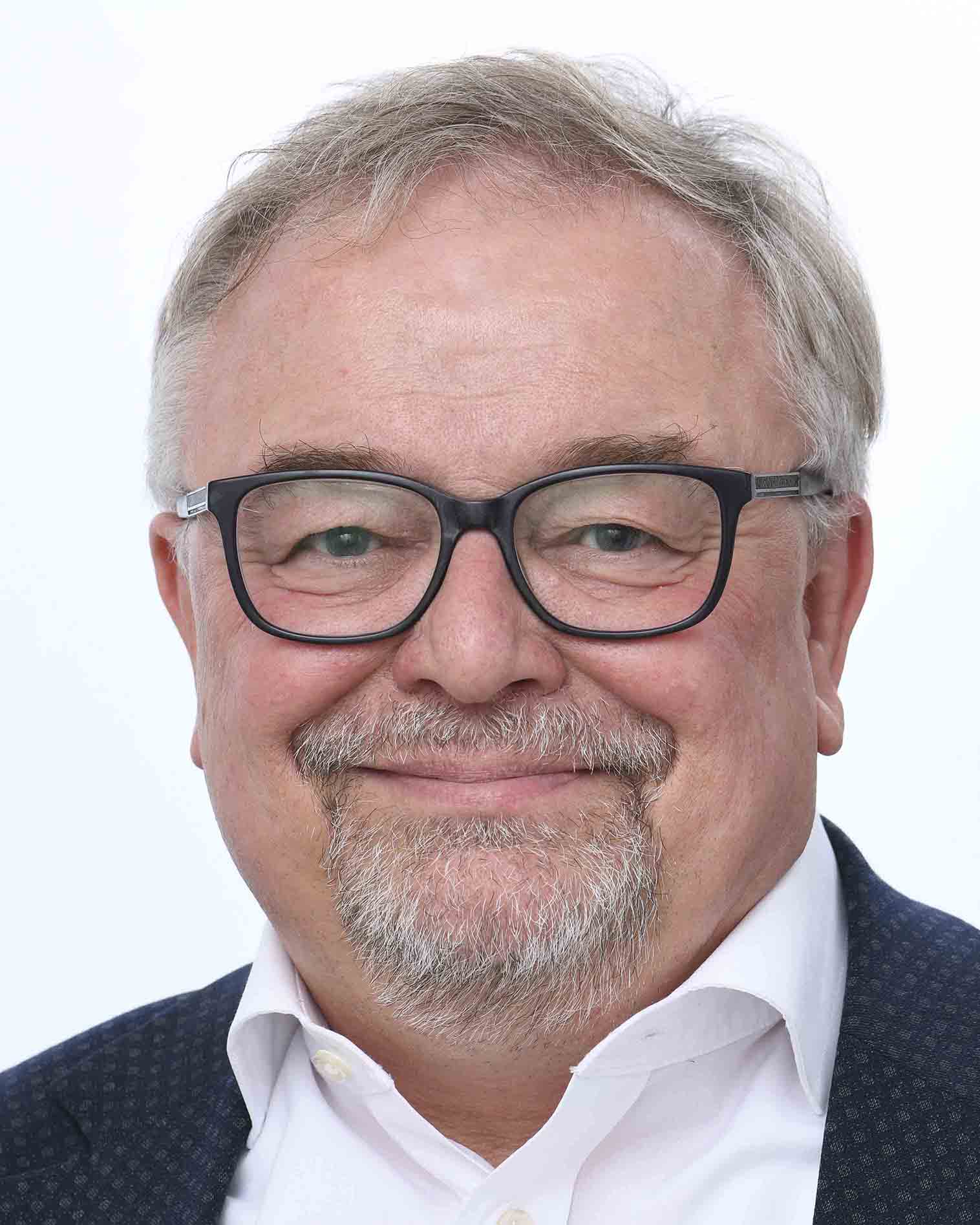
Choisissez la langue de votre document :
- bg - български
- es - español
- cs - čeština
- da - dansk
- de - Deutsch
- et - eesti keel
- el - ελληνικά
- en - English
- fr - français
- ga - Gaeilge
- hr - hrvatski
- it - italiano
- lv - latviešu valoda
- lt - lietuvių kalba
- hu - magyar
- mt - Malti
- nl - Nederlands
- pl - polski
- pt - português
- ro - română
- sk - slovenčina
- sl - slovenščina
- fi - suomi
- sv - svenska
|
| Postopek : 2016/2067(INI) |
| Potek postopka za dokument : A8-0317/2016 | ||||||
Predložena besedila : A8-0317/2016 | Razprave : PV 22/11/2016 - 12CRE 22/11/2016 - 12 | Glasovanja : PV 23/11/2016 - 10.5CRE 23/11/2016 - 10.5 Obrazložitev glasovanja | Sprejeta besedila : P8_TA(2016)0440 | |||
| Dobesedni zapisi razprav | |
| Torek, 22. november 2016 - Strasbourg | Pregledana izdaja |
|
| Pravno obvestilo - Varstvo osebnih podatkov |


















































